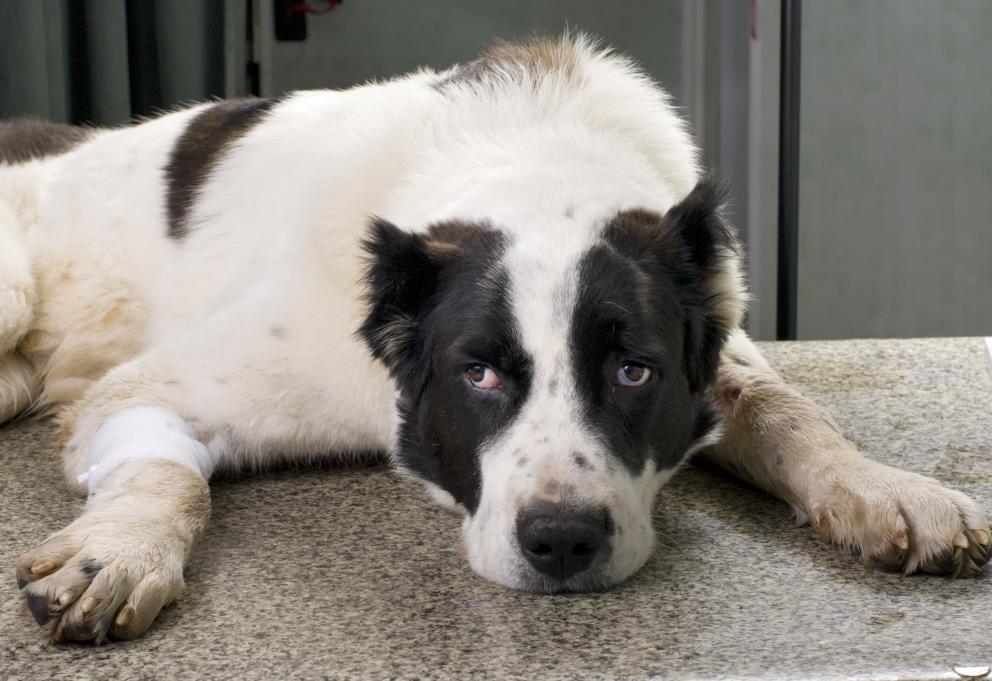Canine Influenza (H3N2) [1]

A strain of canine influenza (H3N2) was identified in the US in 2015. It was reported for the first time in Canada in southern Ontario in January 2018. While H3N2 is not believed to be able to infect humans, severe infections in dogs can cause death especially in puppies and older dogs.
H3N2 has been diagnosed in Asia and Europe. Dogs can remain carriers of the virus for up to two weeks after their symptoms have cleared, so we recommend keeping your dog away from others pets for that period of time.
If your dog (or cat) is displaying any combination of the symptoms below, please call your veterinarian immediately:
- cough
- runny nose
- sneezing
- red or runny eyes
- fever
- malaise
The virus is spread by aerosol as well as by contact with contaminated surfaces or objects, which includes anything a contaminated dog may have touched. Because of this infection’s contagious potential, we strongly encourage you to call your veterinarian’s office before bringing your pet for an examination to ensure that precautions can be taken to prevent the spread of the virus.
For more information about Canine Influenza (Dog Flu), you can refer to these key facts about Canine Influenza by the Centers for Disease Control and Prevention [2].
Here are some other great regional resources:
- Veterinary Advisory Southern Ontario [3]
- Worms and Germs canine influenza [4]
- Chicago veterinary hospital releases canine influenza handout [5]
- Update on Canine Influenza (Dog Flu) Outbreak Reported in Chicago Area [6]
- Canine Influenza Information For Veterinarians [7]
- Chicago Canine Flu Strain Shocker [8]
